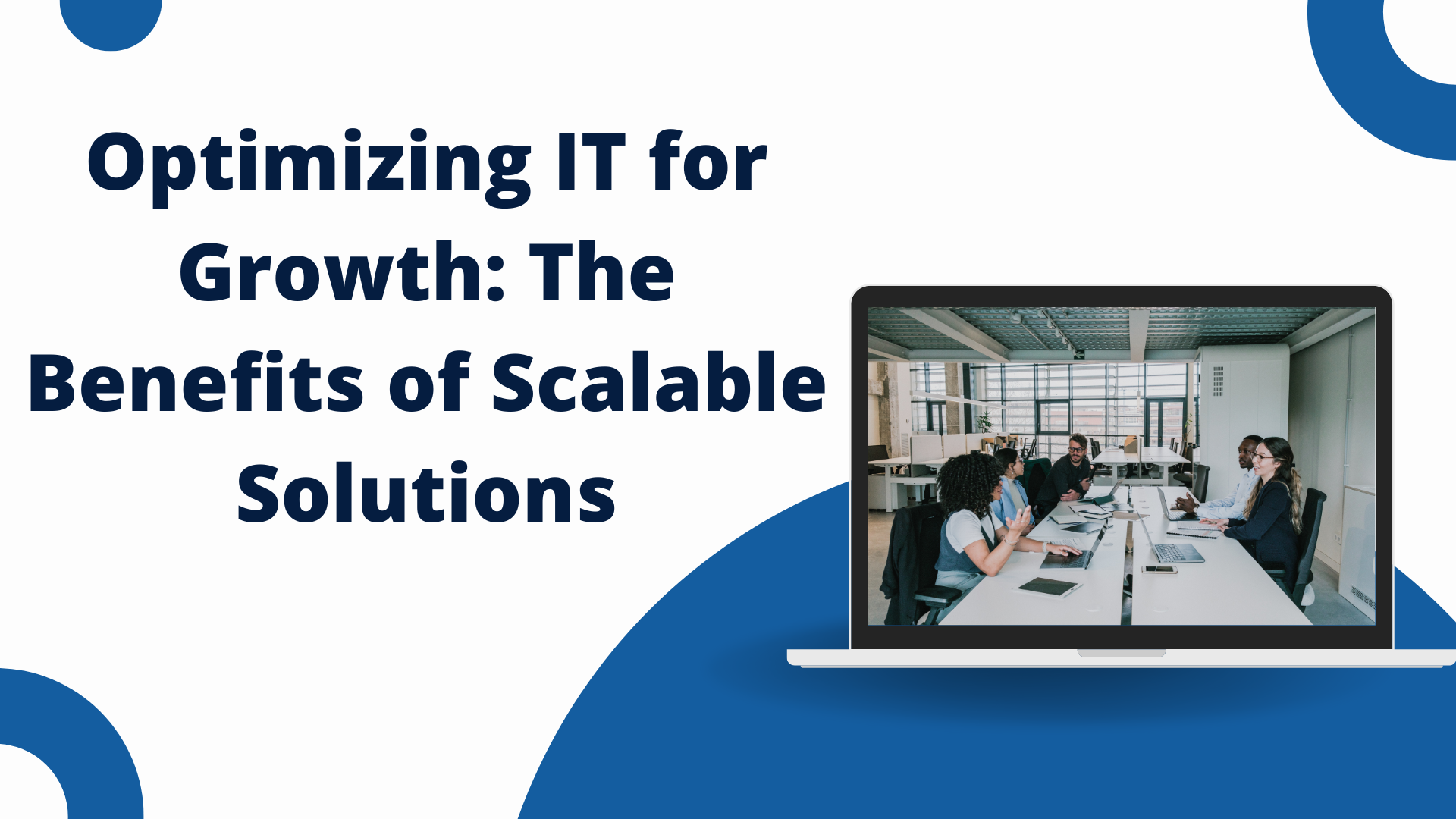Establishing Effective Cloud Governance Policies for Compliance and Security
**Cloud Governance: Policies and Controls for Compliance and Security**
In the rapidly evolving landscape of cloud computing, establishing effective governance policies is paramount for ensuring compliance and security. Cloud governance encompasses the frameworks, processes, and controls that guide the management and use of cloud services. By implementing robust governance policies, organizations can mitigate risks, enhance data protection, and maintain regulatory compliance.
One key aspect of cloud governance is policy definition. Policies establish clear guidelines for cloud usage, including access controls, data handling, and security measures. These policies should be aligned with the organization’s overall security and compliance requirements. For instance, organizations may implement policies that restrict access to sensitive data to authorized personnel only or require encryption of data at rest and in transit.
In addition to policy definition, cloud governance involves the implementation of controls to enforce these policies. Controls can be technical, such as firewalls and intrusion detection systems, or operational, such as regular security audits and training for cloud users. By implementing appropriate controls, organizations can ensure that cloud services are used in a secure and compliant manner.
Compliance is a critical consideration for cloud governance. Organizations must adhere to industry regulations and standards, such as HIPAA, GDPR, and ISO 27001. Cloud governance policies and controls should be designed to meet these compliance requirements. For example, organizations may implement policies that require the use of encryption and access controls to protect patient data in accordance with HIPAA regulations.
Security is another essential aspect of cloud governance. Cloud services can introduce new security risks, such as data breaches and unauthorized access. By implementing robust governance policies and controls, organizations can mitigate these risks and protect their data and systems. For instance, organizations may implement policies that require the use of multi-factor authentication and regular security updates to enhance the security of cloud environments.
Effective cloud governance requires collaboration between various stakeholders, including IT, security, and compliance teams. These teams should work together to develop and implement governance policies and controls that meet the organization’s specific needs. Regular reviews and updates of governance policies are also essential to ensure that they remain aligned with evolving cloud technologies and regulatory requirements.
In conclusion, cloud governance is essential for ensuring compliance and security in cloud environments. By implementing robust governance policies and controls, organizations can mitigate risks, protect data, and maintain regulatory compliance. Effective cloud governance requires a collaborative approach, regular reviews, and continuous adaptation to the evolving cloud landscape.
Implementing Cloud Controls to Enhance Security and Compliance
.
Best Practices for Cloud Governance: Ensuring Compliance and Security in the Cloud
**Cloud Governance: Policies and Controls for Compliance and Security**
In the rapidly evolving cloud computing landscape, organizations face the challenge of ensuring compliance and security while leveraging the benefits of cloud services. Cloud governance plays a pivotal role in addressing these concerns by establishing policies and controls that guide the use and management of cloud resources.
**Policies for Compliance**
Cloud governance policies define the rules and regulations that govern the use of cloud services. These policies ensure that organizations adhere to industry standards, regulatory requirements, and internal policies. Compliance policies cover aspects such as data protection, privacy, and security. By implementing these policies, organizations can demonstrate their commitment to regulatory compliance and mitigate the risk of penalties or reputational damage.
**Controls for Security**
Cloud governance controls are mechanisms that enforce the policies and ensure the security of cloud environments. These controls include technical measures such as access control, encryption, and intrusion detection systems. By implementing robust controls, organizations can protect their cloud resources from unauthorized access, data breaches, and other security threats.
**Benefits of Cloud Governance**
Effective cloud governance provides numerous benefits for organizations, including:
* **Improved compliance:** Policies and controls ensure that cloud usage aligns with regulatory requirements, reducing the risk of non-compliance.
* **Enhanced security:** Controls protect cloud resources from security breaches, minimizing the impact of cyberattacks.
* **Optimized costs:** Governance policies can help organizations optimize cloud spending by identifying and eliminating unnecessary resources.
* **Increased efficiency:** Automated controls and streamlined processes improve operational efficiency and reduce manual workloads.
* **Improved decision-making:** Governance provides visibility into cloud usage and performance, enabling informed decision-making.
**Implementing Cloud Governance**
Implementing cloud governance requires a comprehensive approach that involves:
* **Establishing policies and controls:** Define clear policies and implement appropriate controls to ensure compliance and security.
* **Monitoring and enforcement:** Regularly monitor cloud usage and enforce policies and controls to maintain compliance and security.
* **Continuous improvement:** Regularly review and update governance policies and controls to adapt to evolving regulations and security threats.
**Conclusion**
Cloud governance is essential for organizations to ensure compliance and security in the cloud. By establishing policies and implementing controls, organizations can mitigate risks, optimize cloud usage, and gain the full benefits of cloud computing. Effective cloud governance is an ongoing process that requires continuous monitoring, enforcement, and improvement to maintain a secure and compliant cloud environment.








